As we leave 2018 behind us, it is perhaps opportune to recall some of the memories from 2018 when we saw combines and balers in fields in spring trying to clear fields following the disastrous backend in parts of the country, especially along the western seaboard.
We will remember the very late spring, as people's planting plans were changed time and time again due to the absence of sowing opportunities resulting from the incessant wet.
The same conditions caused the three-crop rule to be suspended for the year.
Level of heat
But the weather did improve in May taking us directly from winter to summer and with it came a level of heat and dryness that we are unaccustomed to.
The net result was that many spring crops came under growth pressure early in their life and many never recovered from that early stress.
This left early concerns about grain fill and protein levels, especially for malting barley, and those fears were often realised.
The heat brought the associated benefit of early maturity and ongoing dry weather meant that the harvest was largely under control and finished early in most of the country.
Potatoes suffered
Potatoes and veg crops also suffered badly in the heat, with sprouting and poor quality all too common.
Irrigation had a significant impact, but possibly more through cooling the soil than by providing water, but the two cannot be excluded.
The dryness generated a fodder shortage by mid-summer and many growers took the opportunity to avail of the fodder scheme to produce additional forage crops for livestock farmers.
Perhaps this exercise will re-introduce many farmers to the benefits of having a crop growing year-round and its benefits are likely to be seen even more so in coming years.
Maize area was increased substantially and fodder beet area also increased. Sugar beet was also on the radar in 2018 as Beet Ireland tries to push on with or cease the project, following an expression of interest by farmers who have been asked to put up €1,000 each to generate €1m to take the project to its next stage, or not.
Autumn conditions were as good as summer, with good planting conditions enabling good establishment that can still be seen as we finish out 2018.
Shrinking arsenal
On the negative side, tillage farmers lost Reglone in 2018 and it now seems more likely than not that chlorothalonil will not be registered.
Our shrinking chemical arsenal is a cause for ongoing concern in this area.
And the European Court of Justice decision on gene editing slammed the door for the moment on the opportunity of CRISPR/Cas technologies to provide superior genetic alternatives to the use of chemicals.
Among the main lessons from 2018 were the importance of having a range of crops and sowing times to help reduce risk and the importance of being able to recognise price offers as being valuable.





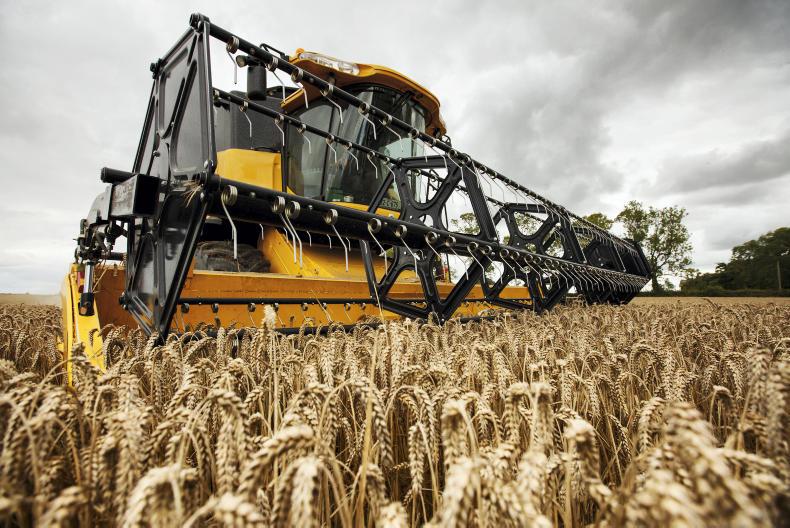

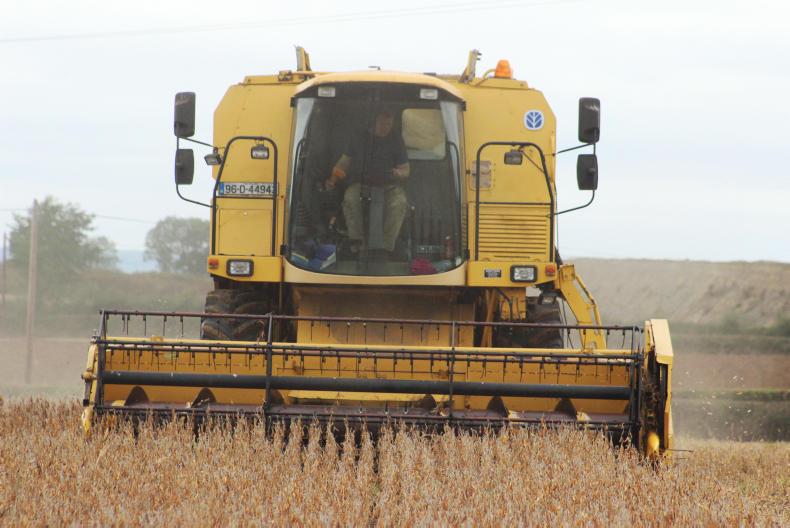
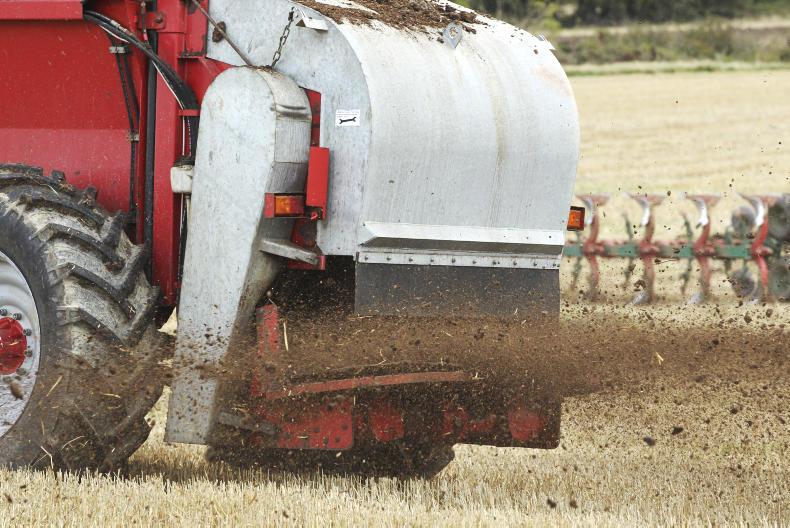
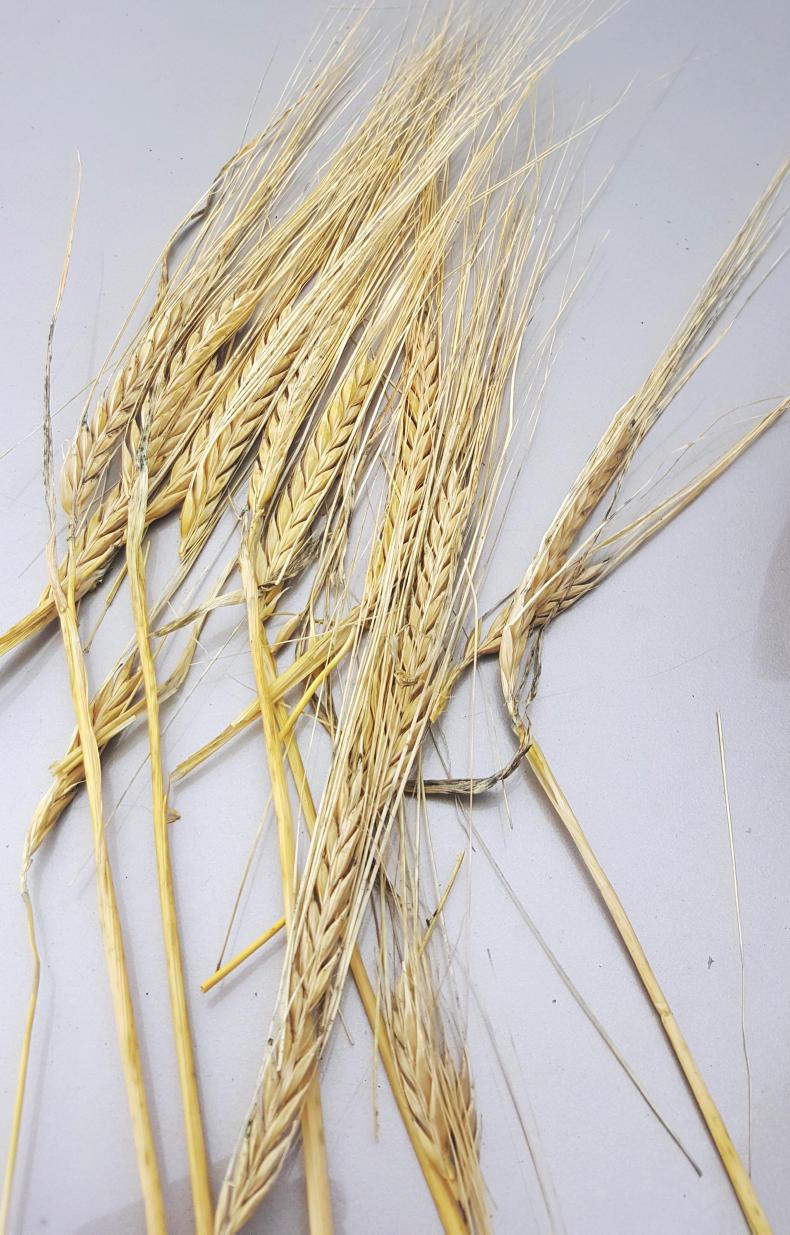
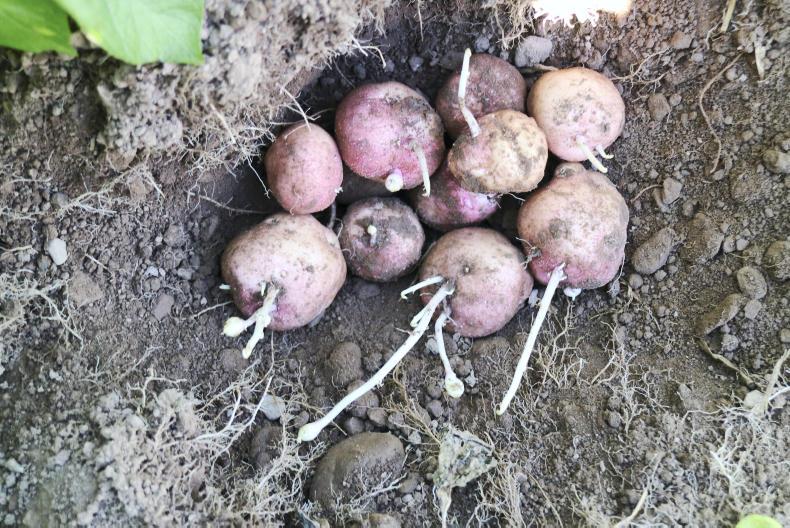
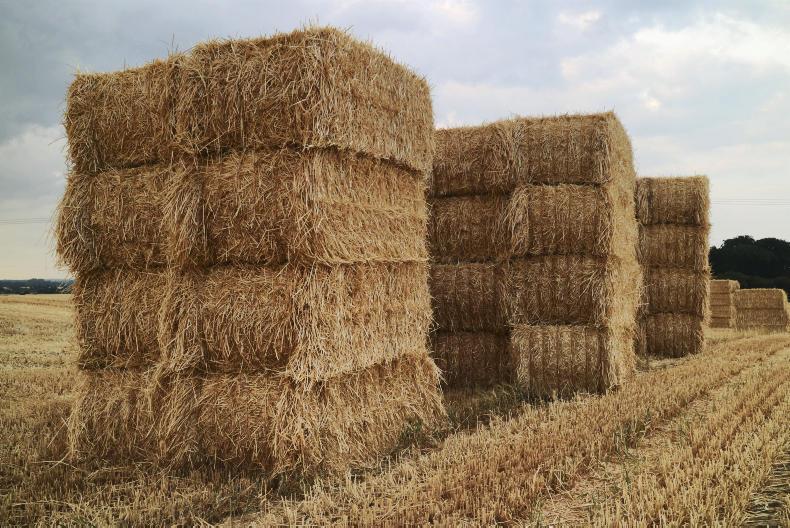

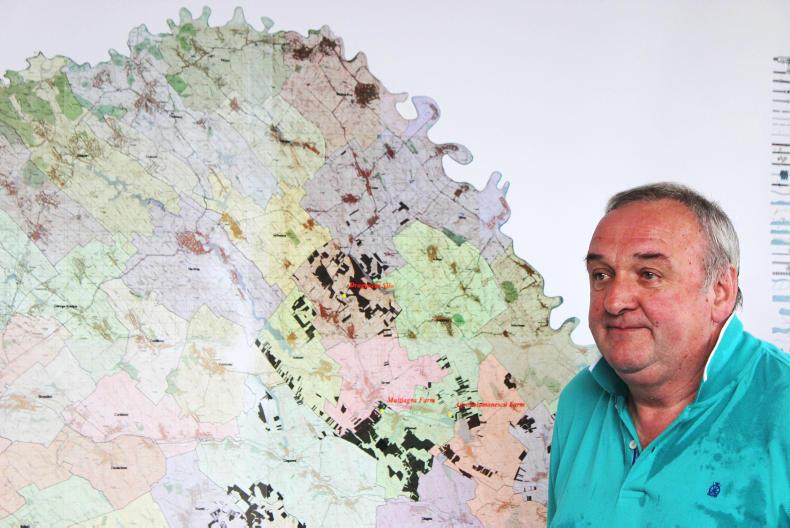
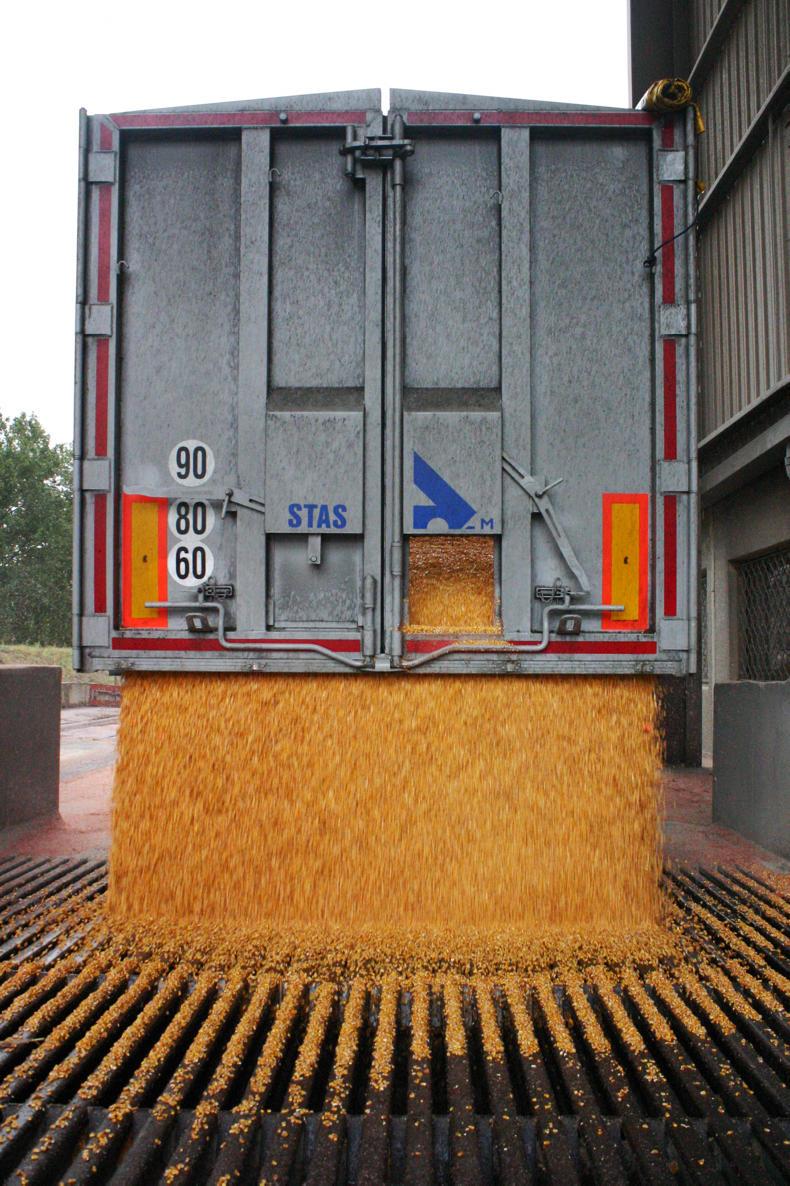
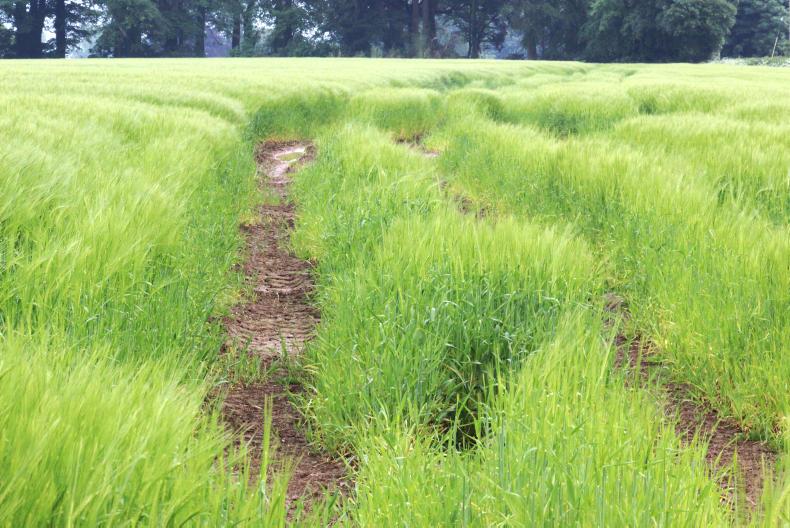


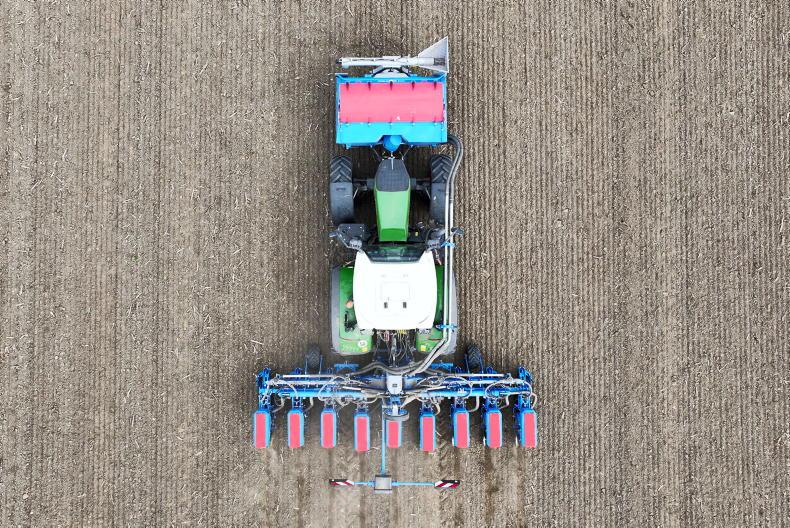

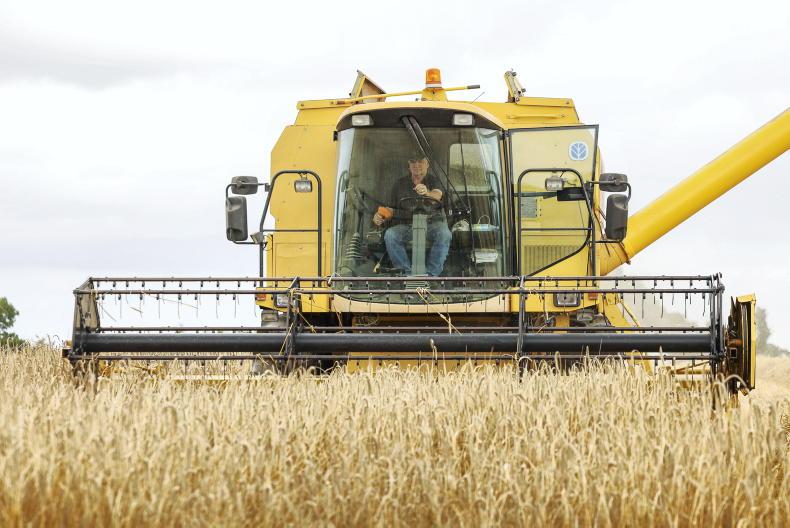


SHARING OPTIONS